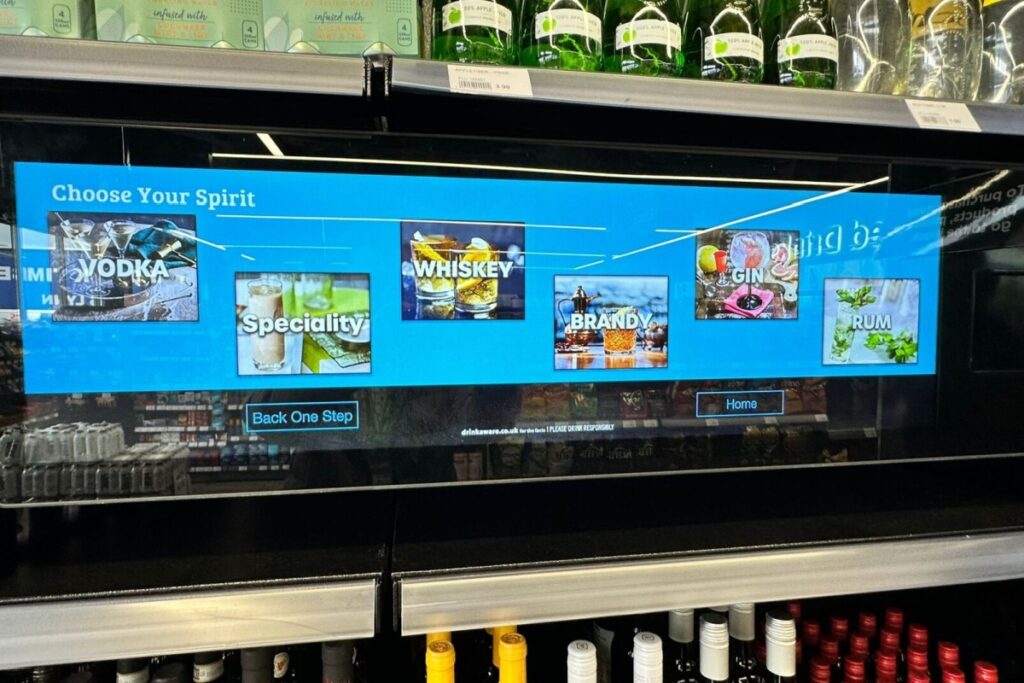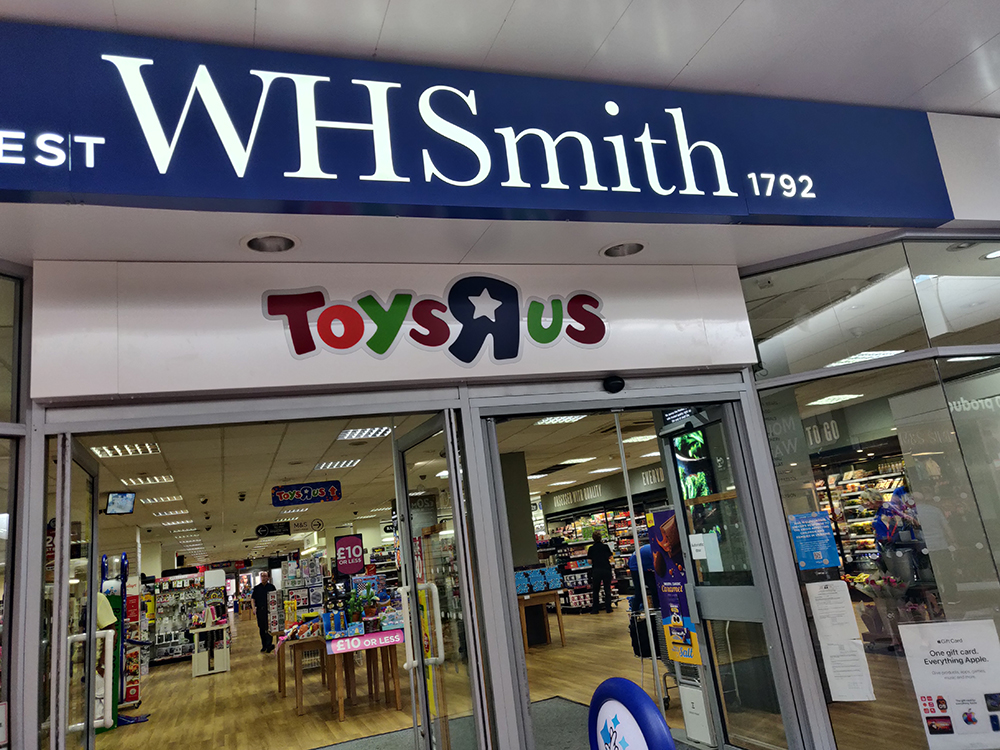Mike Barnes, head of corporate sales at Secure Trading, discusses the dangers of online fraud and the importance of security for ecommerce sites.
The retail industry has always been a major target for fraud and now that there is now a continuous stream of retailers and customers migrating on to the internet, fraudsters are also entering into the more profitable online environment of etail – attracted by a growing number of targets.
Fraudsters target online businesses of all sizes and therefore etailers both large and small can‘t afford to be complacent when it comes to fraud.
It is common practice in this industry that smaller sites are targeted primarily to test compromised cards and determine the boundaries of what can be bought without suspicion. These purchases, despite being small and inexpensive, can be very damaging to a small etailer as charges endured for providing refunds have a cumulative effect. This not only damages the company in terms of profits, but also tarnishes the reputation of the brand and its ecommerce platform.
The next step in a fraudster‘s agenda is often to target larger online retailers to purchase high value items that can be sold on quickly for a large profit. As the item value increases so does the charge suffered by the company and the severity of the consequences for all involved.
Criminals and fraudsters can therefore be destructive to both the customer and the etailer irrespective of its size. In order to protect their company, reputation and their customers, it is vital that online retailers are fully aware of the scale of the fraud surrounding them and that they are well equipped with efficient cyber security and anti-fraud measures.
Although consumers are becoming more comfortable with buying online, the fear of unknowingly entering a fraudulent site is still very much present. Anti-fraud security can enhance customer experience as sites known for having a high level of fraud protection are trusted, process transactions easily and are able to deal with queries rapidly. This consequentially drives more traffic to the site, increasing revenue and brand awareness. Secure sites can also be more attractive to suppliers which may offer better rates if the risk of fraud is significantly reduced.
There are a variety of anti-fraud measures available for etailers, which are designed to identify and protect against fraudulent activity. For example, if margins drive your businesses strategy then rules can be designed to reflect specific products, shipment and delivery. In this way your risk strategies are aligned to your business requirements, which in turn will drive growth and profitability, whilst minimising fraud. Zero-value authorisation can be used to ensure there is money in the account of the card being used, the card has not been compromised and the billing details match the individual being checked. Fraud detection rules can be used to define purchasing parameters which if breached will be recognised as suspicious activity. IP Geolocation software can also be used to detect the geographical location of the customer – ensuring they are where they say they are, which is often something that fraudsters will attempt to mask.
It is important that etailers have a broad view of the fraud landscape from a regional, national and global level as opposed to an inward view of the company, and integrate fraud prevention measures into their payment processing. This perspective can be provided by a third party fraud specialist, which protects the etailer from fraud using resources such as databases containing details of known compromised cards. This external party will also remove the in-house manual processing associated with fraudulent activity, allowing the etailer to focus on other areas of the business or expand into new and more high-risk sectors in the knowledge that the site is secure.
RELATED STORIES

















